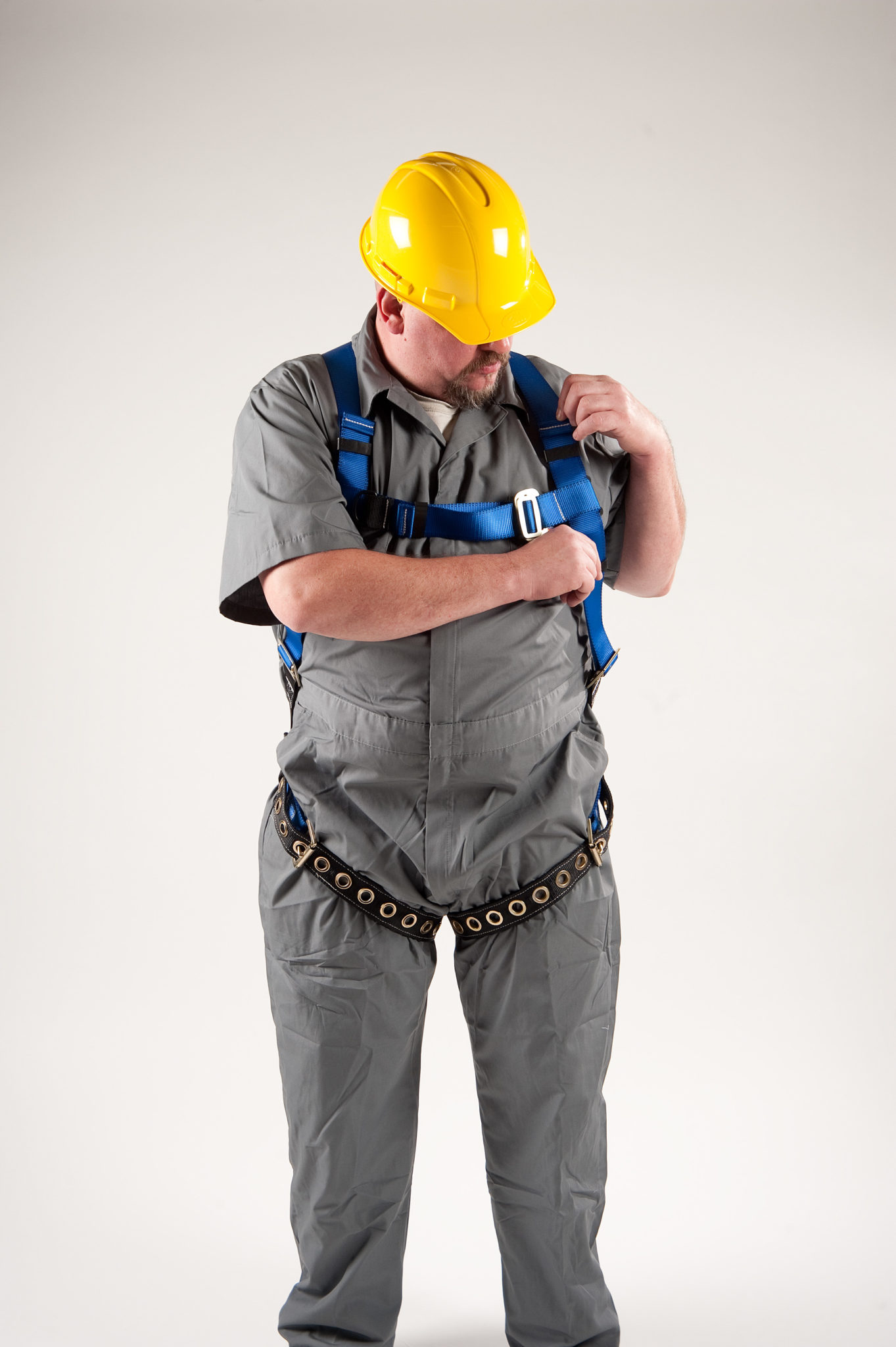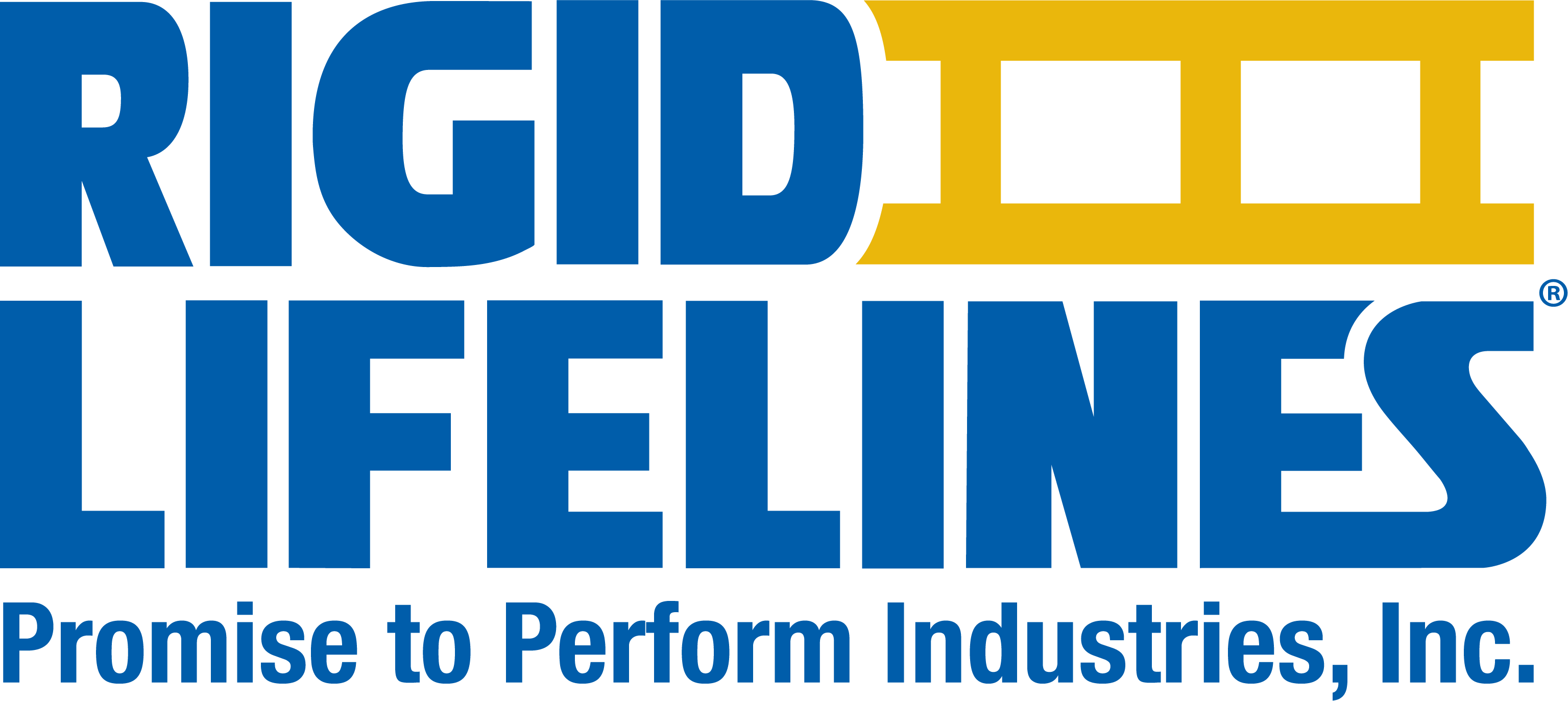
Fall Protection: Coping with Complainers
December 1, 2016
If you work in an industry that requires the use of fall protection, you are probably familiar with workplace complainers who just don’t want to wear their personal protective or fall protection equipment. We can provide dozens of reasons why every worker at height should wear his or her fall protection, yet countless workers still avoid it. These workers will often complain about the equipment—often citing its discomfort, limitations, and altogether uselessness. But, it’s not only extremely useful and effective at keeping workers safe at height, it’s also mandatory. So, if your workers are making excuses or refusing to wear their fall protection, it’s time to get them on board before someone gets hurt.
Here are just a few fall protection equipment complaints and excuses we have heard over the years:
Equipment is Uncomfortable 
Oftentimes, workers who are new to fall protection will claim that the equipment is uncomfortable. They might say it doesn’t fit correctly, it weighs them down, or that it moves around while they work. For workers with these kinds of complaints, we recommend taking a look at your harnesses to ensure your workers have the right equipment for the job, the environment, and their individual needs.
To encourage your workers to wear their harnesses, make sure you’re purchasing high-quality fall protection equipment from a trusted source. Most manufacturers also make equipment specific to larger workers and female workers, so don’t hesitate to ask your workers if their harness is causing them discomfort. If so, it’s a good idea to invest in something they will wear comfortably. Some manufacturers actually provide deluxe harnesses, which are equipped with extra padding in the back, shoulders, and waist for maximum comfort. All harnesses should be equipped with five points of adjustability at the chest, legs, and torso to ensure workers can adapt their harnesses to their specific size. And, of course, it’s always a good idea to provide additional training to demonstrate how to properly wear fall protection if needed.
Prohibits Effectivity
Some workers claim that their fall protection equipment limits their ability to do their job effectively. These workers believe that their harness, lanyard, and/or self-retracting lifeline weighs them down, makes it more difficult to navigate in tight spaces, or altogether inhibits their ability to move around.
Protective gear should not limit your ability to do your job, but it may take some time to get used to. Some workers complain that the use of fall protection equipment can cause new problems, like difficulty navigating at height or lanyards/SRL’s that get tangled in equipment. Contractors may complain that harnesses with self-retracting lifelines are limiting for roofing framers or construction workers who have worked nimbly among trusses and housing frames for years. While this may be the case at first, proper use of fall protection is a necessary step to ensure worker safety, and workers generally become accustomed to it over time.
We recommend working with manufacturers and product specialists to determine the most versatile equipment for your application. The appropriate fall protection equipment for your operation should not inhibit your worker’s ability to do their job; but rather, it should increase their confidence on the job.
Safety Concerns
This may seem strange considering fall protection improves worker safety, but many workers may actually feel less safe wearing it at first. Oftentimes, that fear comes from a lack of and understanding and training. It’s essential for employers to properly train workers in the use of fall protection and to ensure that equipment is up-to-date and properly maintained. Ropes, harnesses, SRL’s, lanyards, and other workplace necessities must be inspected daily before each use. Once a fall has occurred, all equipment must be removed from service immediately. It’s important that employers not create a false sense of security. If workers are following the correct maintenance and inspection procedures for their equipment, they will be safer at height and much less likely to complain.
Categories
Share this post
Let us help you
Contact us today to find the perfect product fit for your job
